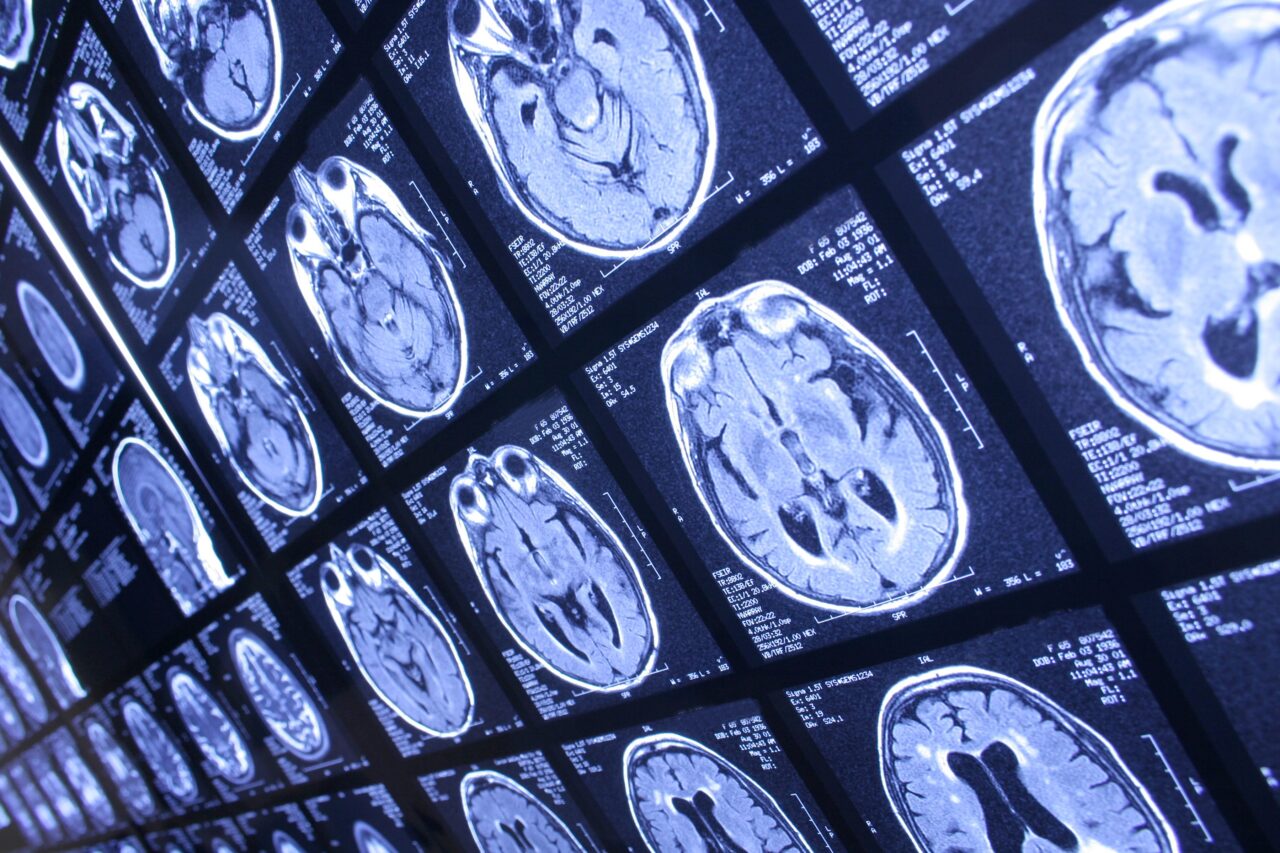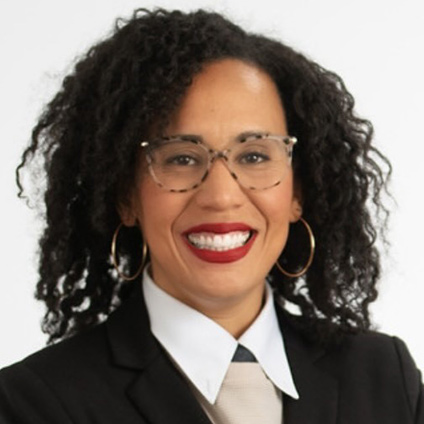Care Newsletter
Care and Support Updates
Updates on the latest clinical offerings from our centers in New York City and the San Francisco Bay Area.
February 28, 2024

FOR CAREGIVERS
Learning Support for Kids
Once a child’s learning challenges are identified, the next step is offering follow-up support and treatment. Children with learning disabilities may benefit from working with a therapist or educational specialist. They’ll help your child develop the skills they are missing as well as devise learning strategies to build on existing strengths and compensate for weaknesses. Our Learning Disability Service team will create a nurturing environment for your child to begin building up successful learning experiences, bolstering both their skills and self-confidence.

FOR EDUCATORS
Tips for Recognizing Learning Disorders in the Classroom
Sometimes the signs of a learning disability are easy to spot — a student who just isn’t making headway in reading or a child who, despite obvious effort, can’t seem to master the times tables. But the signs are not always clear. And many children, embarrassed that they’re struggling to do things that seem easy for other kids, go out of their way to hide their difficulties.
Here are some less obvious signs of learning disorders in children to watch for in the classroom.

FOR CLINICIANS
Mapping and Modulating Brain Circuits for Psychiatric Disease
Michael D. Fox, MD, PhD, founding director of the Center for Brain Circuit Therapeutics at Brigham and Women’s Hospital and a professor of neurology at Harvard Medical School, will discuss how mapping and modulating brain circuits can lead to better diagnosis and treatment of psychiatric conditions. This will include the discussion of various neuromodulation interventions for treating psychiatric and neurologic disease.

CLINICIAN SPOTLIGHT
Taína Coleman, MA, MEd, is an educational specialist in the Learning and Development Center at the Child Mind Institute. Taína has over 15 years of experience in the special education and literacy education field in New York City. Her approach is rooted in research-driven methodologies.
Clinical Programs
The Child Mind Institute’s clinical programs provide evidence-based services targeting specific skills in a tailored environment.
Interested in More Content Like This?
Sign up to get weekly resources like this delivered to your inbox.

